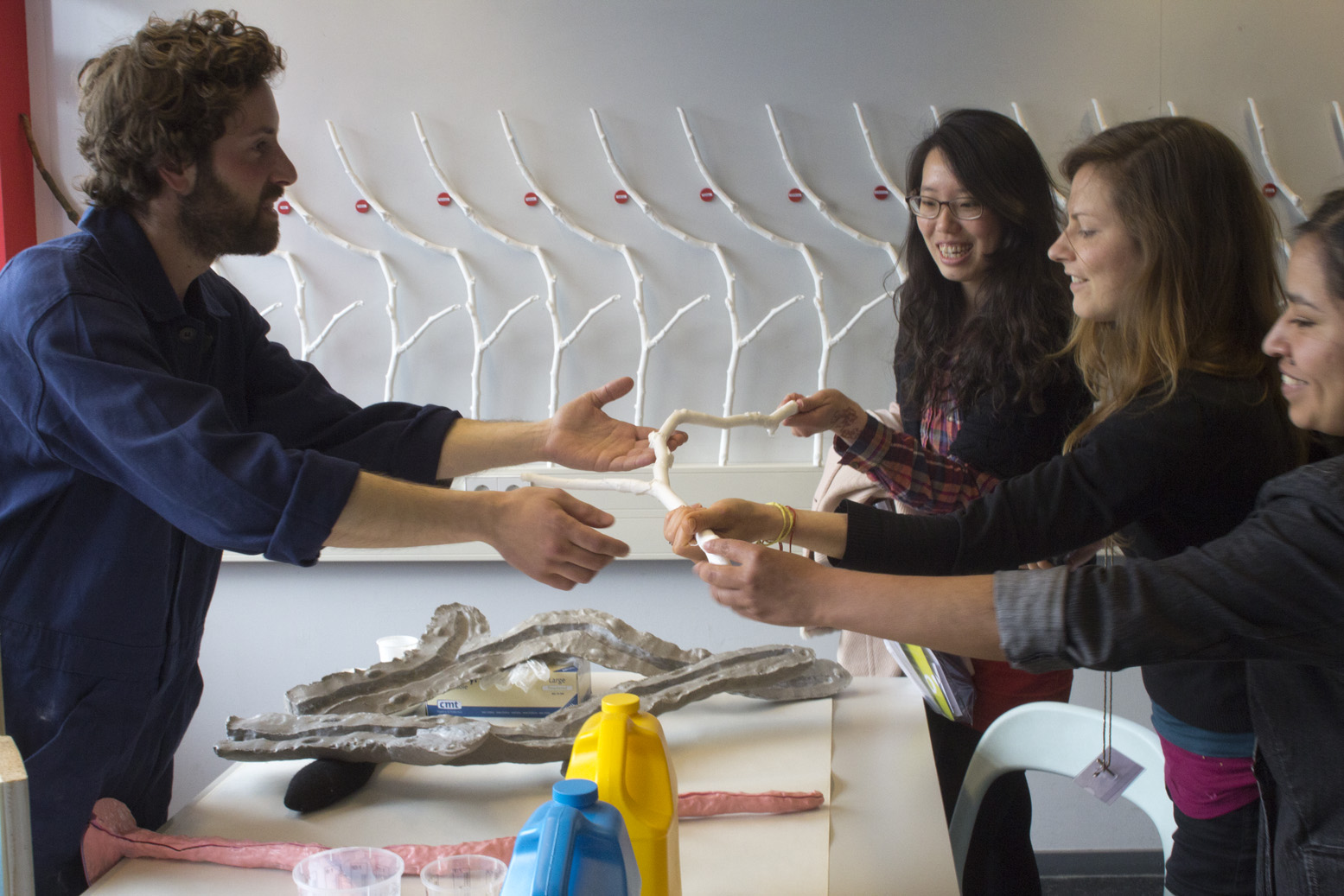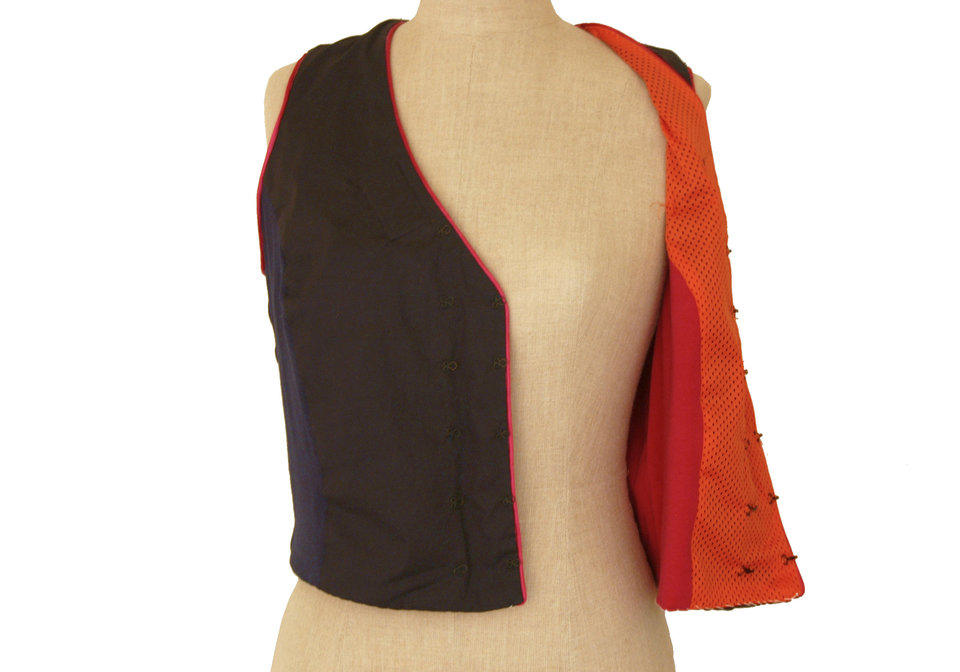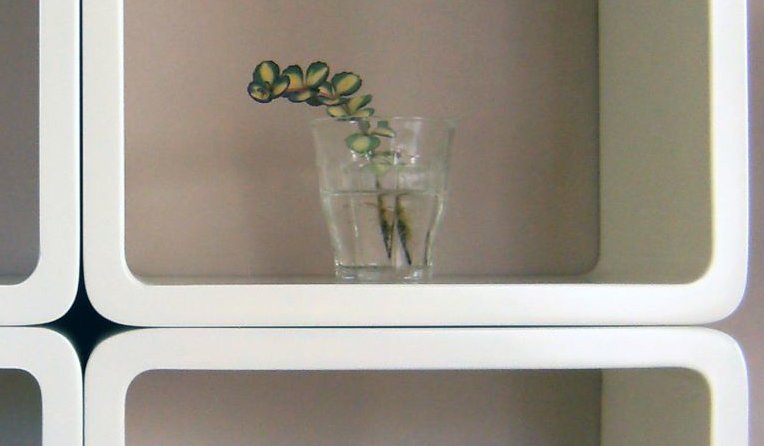Delft Institute of Positive Design
The Delft Institute of Positive Design is devoted to the study of (potential) effects of design on the long-term happiness of individuals and communities. The institute’s activities include design research, education, social as well as commercial projects, and communication at public events.
Goals of the project
We initiate and stimulate the development of knowledge that supports designers in their attempts to design for people’s happiness. We coin this approach ‘Positive Design’ – design that creates opportunities and that deliberately intends to support human flourishing. To reach this goal we build on insights from the social sciences, in particular from positive psychology. In the past 15 years, research has advanced our understanding of what influences people’s happiness, e.g. interpersonal relationships, meaningful activities, rich experiences. However, to date, only little is known regarding the role that design plays and can play in this respect. With our work we address this knowledge gap and thereby seek the responsibility to design for positive impact. Our exhibition showcases a diversity of projects and invites to engage in dialogue.
A selection of DIoPD projects
- Things of meaning: an installation of meaningful objects;
- Positive Emotion Granularity: emotion granularity cards demonstrate that 'feeling good' in human-product interaction has many different shades;
- Conflicts that rule your life!: our daily conflicts between virtues and temptations are an inspiring opportunity to design for well-being. The goal of this project is to to develop new ways with which designers can tackle potential conflicts between virtuous and tempting goals. In this way, design can inform, seduce, or persuade people to choose a course of action that balances choices between virtues and temptations, contributing to their wellbeing.
- Design for loss: is loss the end of a relationship? If so, then why does anniversary or an object would suddenly remind people about their relationship? Walter(1999) believes that there are ‘continuing bonds‘ after loss. This research believes that the continuing bonds can be manifested by human product interaction.
More information
Researchers
- Prof.dr.ir. Pieter Desmet
- Steven Fokkinga, MSc
- Deger Ozkaramanli, MSc
- JungKyoon Yoon, MSc
- Mafalda Casais, MSc
- Alex Zakkas, MSc
- Wan Jou She (Lavender), MSc




